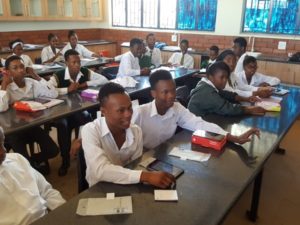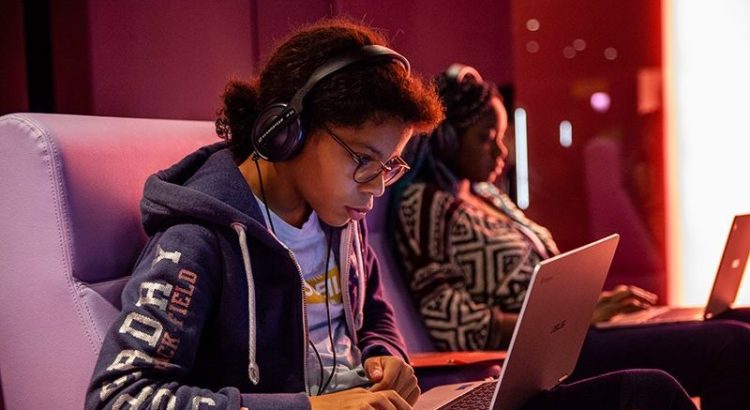Asia/ India/ 13.08.2019/ Source: www.indiatoday.in.
Here is how online learning helps in educating the masses while achieving its 2 major goals of accessibility and affordability over traditional learning.
ndia is witnessing a digital revolution and with 500 million people within the age bracket of 5-24 years, there are immense growth opportunities for the Indian education sector (source – IBEF).
Digital education
The growing demand for quality education and skill-based learning has waved the green flag for online learning. Digital education is breaking uncountable barriers by ensuring the availability of affordable and accessible learning even in rural areas.
Engaging and interactive content delivered by professional instructors makes it easy for students to skip geographically bound classrooms and enjoy self-paced learning.
Permission by UGC
UGC has now permitted higher educational institutions in the country to offer Certificate, Diploma, and Degree Programmes in online mode to the students in the University Grants Commission (Online Courses) Regulations, 2018. With such a reform, it is evident that the benefits served by online learning have convinced even the government to take relevant actions for its betterment.
Here is how online learning helps in educating the masses while achieving its 2 major goals of accessibility and affordability over traditional learning.
Accessibility
Digitalisation in India led to the development of technologies such as ‘Direct to Device’ which are empowering students to study through any device at any time. A much-developed aspect of online learning is M-learning where students can access the training content on their mobile phones anywhere. Now, getting 75% attendance marked on the teacher’s register is not essential to get a job; however, being 100% skilled is the pre-requisite for the same. E-learning ensures uniformity in the syllabus so that global disparities can be narrowed down.
Generally, online training platforms deliver content which features a combination of text, demonstrative videos, and presentations. Students who enrol in these trainings have their own dashboard which allows them to access the training content and monitor their own progress whenever they want.
All the doubts are cleared through forum query/doubt solving box, avoiding students’ dependence on teachers. Its accessibility has helped education reach even in the remote corners of the country, where teachers hesitate to enter because of less remuneration.
Not only students but even working professionals are benefitting from online trainings as they can up skill and explore new skills along with their existing job and other responsibilities.
Affordability
The biggest issue that students face in India is the lack of opportunities and resources. While some of them discontinue their studies due to monetary issues, others quit as they cannot find desired courses within their cities. Students who are interested to learn in-demand courses such as data science, Python, machine learning, etc. usually face difficulty as traditional coaching centres aren’t well equipped to teach such courses. Relocating to another city for study requires economic stability which everyone does not possess. In such cases, e-learning comes to the rescue as it does not ask you to travel anywhere to reach your education institution.
Above that, students can simply avoid what they have to pay for books, parking, infrastructure, practical labs, and equipment in traditional institutions. There is no strictness in terms of reaching the class on time, which in turn helps the learners to continue with their work schedule and manage their expenses.
Containing various modules and interactive forms of audio-visual teaching, online trainings have simplified the overall learning journey. While being affordable and accessible, e-learning allows students to save more hours, instils a feeling of self-belief, and encourages them to learn with the purpose of acquiring job-specific skills.
Source of the notice: https://www.indiatoday.in/education-today/featurephilia/story/e-learning-is-making-education-affordable-digital-learning-divd-1580383-2019-08-13










 Users Today : 185
Users Today : 185 Total Users : 35459780
Total Users : 35459780 Views Today : 345
Views Today : 345 Total views : 3418317
Total views : 3418317